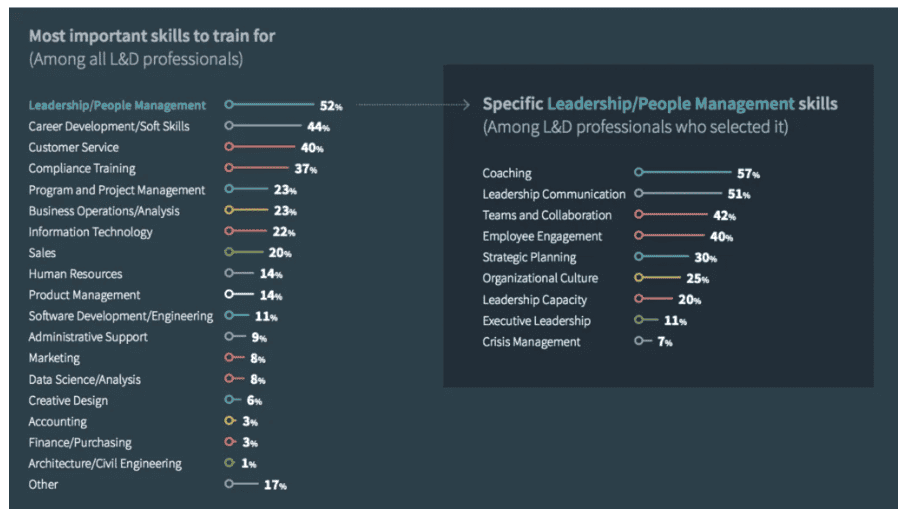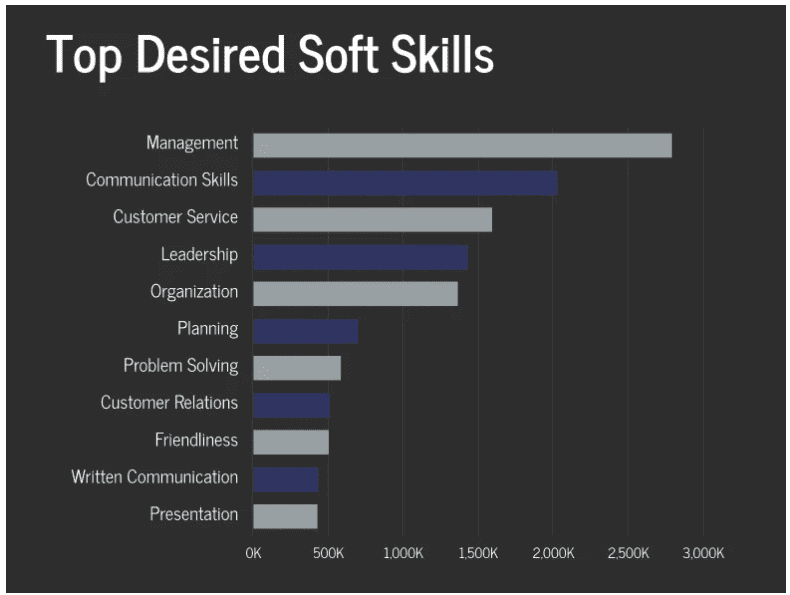Why Soft Skills Matter in Today’s Workplace
|
Getting your Trinity Audio player ready...
|
Do you know that 92% of recruiters prioritize soft skills over technical skills when making hiring decisions?
In today’s workplace, soft skills like communication, teamwork, and adaptability are essential for success. These skills are crucial for effective collaboration, problem-solving, and leadership.
As technology continues to advance, the ability to connect with others and navigate complex situations becomes increasingly valuable. Developing strong soft skills can greatly impact your job performance and enhance your career prospects.
In a competitive job market, having a balance of technical expertise and soft skills sets you apart as a well-rounded professional. Understanding the significance of soft skills and actively nurturing them in the workplace is key to thriving in the modern work environment.
Key Takeaways
- Soft skills like communication, teamwork, and adaptability are highly valued by recruiters and employers.
- Developing strong soft skills greatly impacts job performance and career prospects.
- Effective communication and interpersonal relationships are essential for success in the workplace.
- Soft skills are sought after in addition to technical expertise, and they can position individuals for leadership roles and greater responsibilities.
The Growing Importance of Soft Skills
Understanding the growing importance of soft skills is crucial for excelling in today’s workplace. Communication effectiveness and interpersonal relationships are key components of these essential skills.

In today’s fast-paced and interconnected world, the ability to communicate effectively is more critical than ever. Employers value individuals who can clearly articulate their ideas, actively listen to others, and adapt their communication style to different audiences. Strong communication skills not only enhance productivity but also foster a positive work environment.

Moreover, the significance of interpersonal relationships can’t be overstated. Building rapport with colleagues, clients, and superiors is vital for success in any professional setting. Soft skills such as empathy, teamwork, and conflict resolution play a pivotal role in nurturing strong interpersonal connections. These skills enable you to collaborate seamlessly with others, navigate challenging situations, and contribute to a harmonious workplace culture.
Impact on Job Performance
To excel in today’s workplace, you must leverage your soft skills to enhance your job performance. Soft skills play a crucial role in your effectiveness at work, directly impacting your job performance and overall success. Here’s how these skills can greatly influence your performance:
- Team Collaboration: The ability to work effectively with others is essential for success in almost any role.
- Problem Solving: Strong problem-solving skills enable you to navigate challenges and find innovative solutions, contributing to improved job performance.
- Communication: Clear and effective communication is key to building strong working relationships and ensuring tasks are carried out accurately and efficiently.
- Adaptability: The capacity to adapt to changing circumstances and learn new skills quickly is highly valuable in today’s dynamic work environment.
- Professionalism: Displaying professionalism in your interactions and work ethic fosters a positive work environment and contributes to your overall job performance.
Enhancing Career Prospects
To enhance your career prospects, leverage your honed soft skills to stand out as a valuable asset in today’s competitive job market. Employers are increasingly seeking candidates who possess a combination of technical expertise and strong employability skills. By showcasing your soft skills, such as communication, teamwork, adaptability, and problem-solving abilities, you can significantly increase your chances of career advancement.
In a world where technical skills are no longer the sole differentiator, your ability to effectively communicate and collaborate with colleagues, adapt to new challenges, and solve complex problems is crucial. Employers recognize the impact of these skills on team dynamics, customer satisfaction, and overall business performance. Therefore, by demonstrating your soft skills, you show potential employers that you aren’t only capable of performing the job at hand but also contributing to the organization’s success in a broader sense.
Furthermore, as you continue to develop and showcase your soft skills, you position yourself as a well-rounded professional with the potential for leadership roles and greater responsibilities. In today’s rapidly evolving workplace, individuals who possess strong soft skills are highly valued and have a distinct advantage in terms of career growth and opportunities.
Soft Skills Vs. Technical Expertise
In today’s workplace, having strong soft skills is just as important as possessing technical expertise. While technical proficiency is crucial, soft skills play a vital role in your overall success. Here’s why:
- Interpersonal Communication: The ability to communicate effectively and empathetically is essential for collaborating with colleagues, understanding clients’ needs, and building strong professional relationships.
- Problem-Solving Strategies: Technical expertise can only take you so far if you lack problem-solving skills. Employers value individuals who can think critically, adapt to challenges, and find innovative solutions.
- Teamwork and Collaboration: Working in a team is a common scenario in most workplaces. Soft skills such as teamwork, cooperation, and conflict resolution are indispensable for achieving collective goals.
- Adaptability: In today’s fast-paced and ever-changing work environment, the ability to adapt to new situations and technologies is highly valued.
- Leadership and Management: Even in technical roles, leadership and management skills are often necessary for overseeing projects, guiding teams, and making strategic decisions.
Nurturing Soft Skills in the Workplace
You can nurture soft skills in the workplace through consistent practice and intentional feedback. When it comes to workplace communication, encourage active listening and empathy. Provide opportunities for employees to engage in discussions, presentations, and group activities to strengthen their communication skills. By creating an environment where team members feel heard and valued, you can foster a culture of open and effective communication.
Team collaboration can be nurtured by promoting teamwork and interdepartmental projects. Encourage employees to work together on tasks, share ideas, and provide support to one another. Acknowledge and celebrate successful collaborations to reinforce the importance of teamwork within the organization. Additionally, providing training in conflict resolution and problem-solving can equip employees with the skills needed to navigate challenges and work effectively in a team setting.
Regular feedback sessions are crucial for nurturing soft skills. Offer constructive feedback that focuses on both strengths and areas for improvement. This will empower employees to continue developing their soft skills and contribute to a more harmonious and productive workplace.
Conclusion
So, next time you’re in a job interview or trying to advance in your career, remember that soft skills are just as important as technical expertise.
In fact, a recent study found that 93% of employers value soft skills like communication and teamwork over technical skills.
So, don’t underestimate the power of your interpersonal abilities in today’s workplace.





